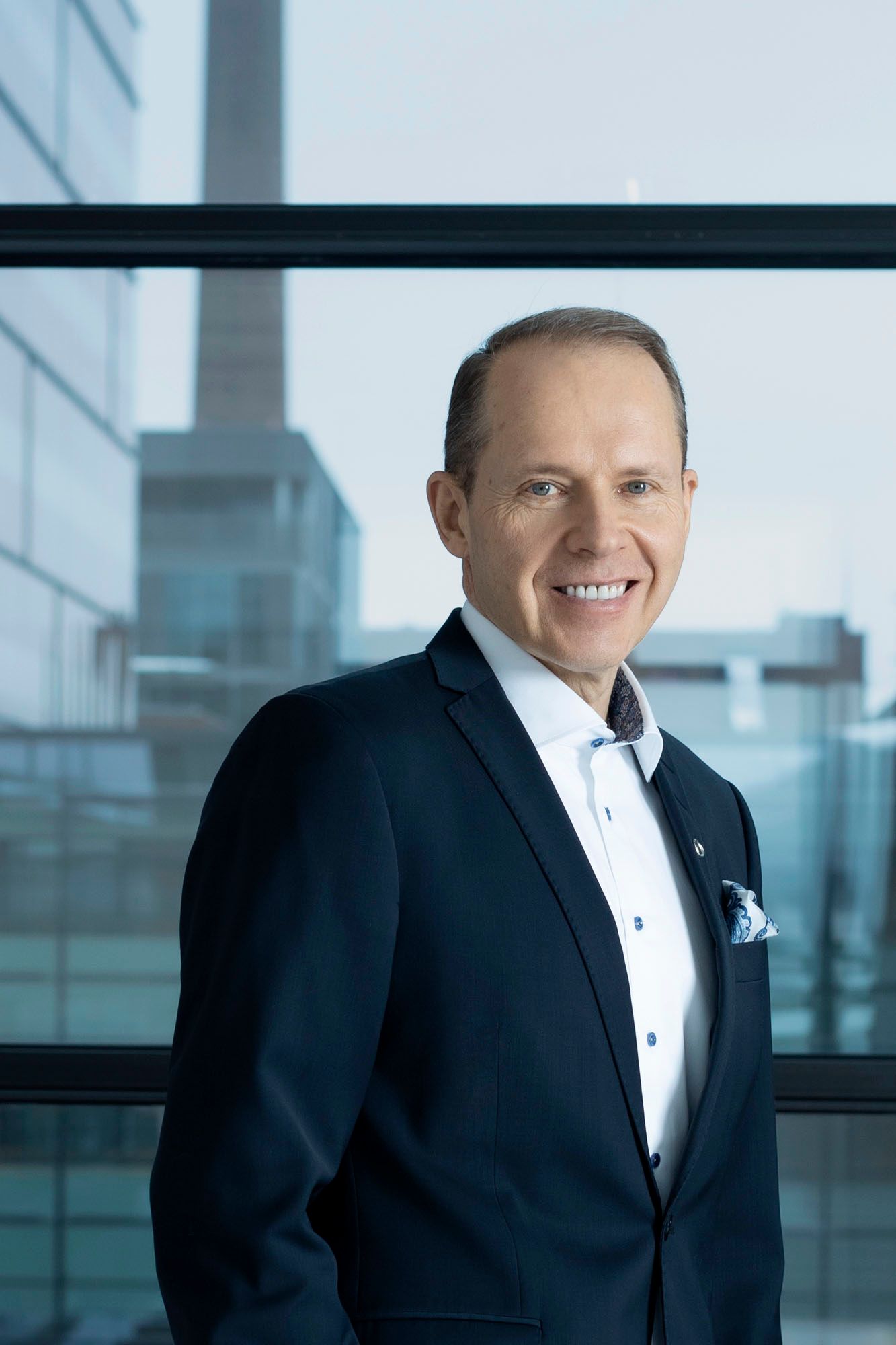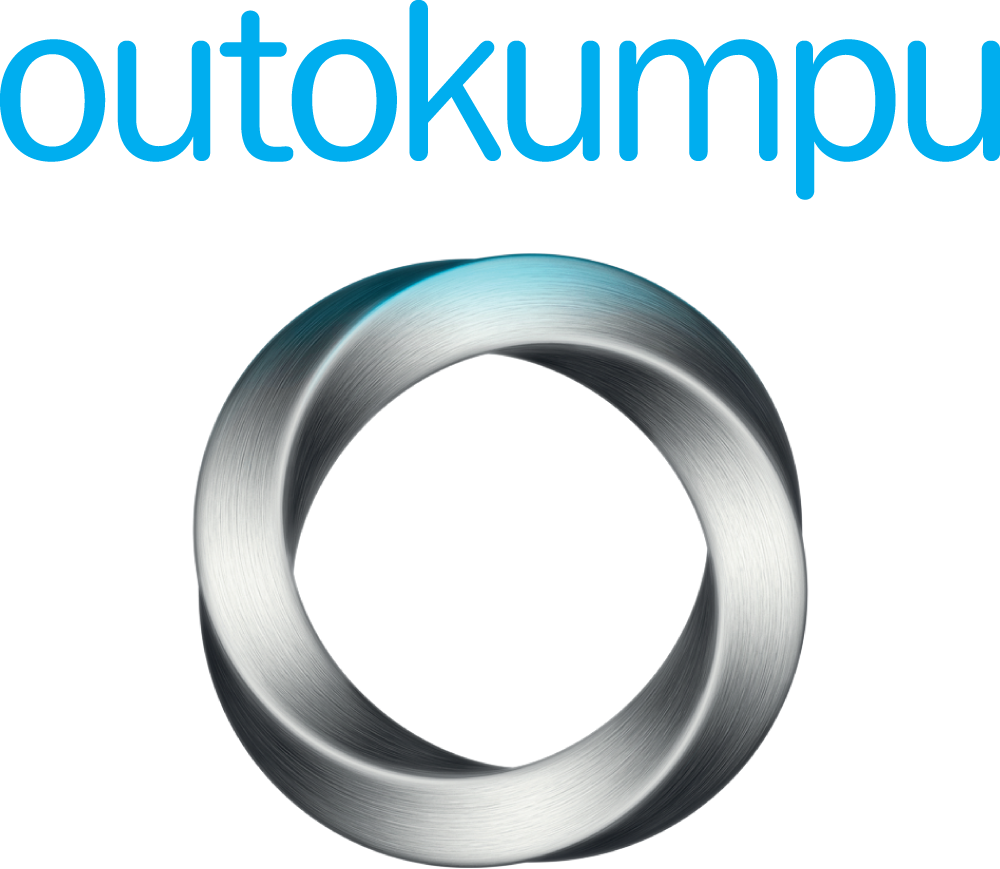
CEO of Outokumpu discusses workplace, energy, technology challenges
Posted On May 13, 2023
As the CEO of one of the world’s largest producers of stainless steel, Heikki Malinen has a unique view of trends in the worlds of business and industry.
Some of those trends he finds concerning, and at least one big technological transition he believes will be seismic.
Malinen, our guest in the latest episode of “What’s Working with Cam Marston,” is the CEO of Outokumpu, which is based in Helsinki, Finland, but has facilities throughout Europe and North America, including one right up the road from me in Calvert, Alabama.
 The largest stainless steel producer in the Western Hemisphere, Outokumpu had its best year ever financially last year, with about $10 billion in earnings, buoyed in part by skyrocketing demand for home appliances.
The largest stainless steel producer in the Western Hemisphere, Outokumpu had its best year ever financially last year, with about $10 billion in earnings, buoyed in part by skyrocketing demand for home appliances.
But Malinen faces some of the same challenges as CEOs or owners of smaller operations. He’s always looking to augment and retain workforce, a challenge Outokumpu tackles in part through a robust internship program that trains new employees right out of high school, and he’s uncomfortable with the new phenomenon of working remotely.
“You cannot really develop strong relationships with people, in my view, in a digital world,” Malinen said, noting the lost opportunities for collaboration and easy sharing of knowledge and ideas. “Maybe it’s easier for the younger folks. Maybe I’m an old-timer, I don’t know. But I still feel that having proximity and joking together live is much more important. I really don’t know how to solve this.
“It’s going to change the world around us, I think in many ways, for not so good.”
Malinen is acutely aware of the realities of the newer generation of workers, however. His own daughter is looking for a job and has told him the ability to work remotely is more important to her than salary terms. At Outokumpu, where the production workforce has no choice but to work on-site while many employees in management and support roles are still working remotely, Malinen says they are trying to find ways to incentivize people to come back to the office.
“It seems to me that we just have to accept that for the time being this is the new world,” he said. “However, I am very worried about how to create long-term commitment and loyalty to the employer when you don’t see your colleagues, and particularly you don’t see your boss.”
Another challenge Malinen and Outokumpu face is more intrinsic to their industry, a need for affordable energy – lots of it – in an unsteady European landscape. Stainless steel production is one of the largest consumers of electricity and Russia’s ongoing invasion of Ukraine has cut off a large source of cheap energy to the continent, as many European countries are no longer Importing from Russia.
“We’re in a situation where I think the whole continent is trying to figure out what happens next,” he said. “Luckily, the United States has been able to supply liquid natural gas to Europe and I think more is coming, so we’re grateful for that. But I think the question of the European energy supply longer-term is a major question.”
Malinen sees nuclear power as part of the solution, as well as wind power. But he says no one energy source will be the answer long-term. “It has to be a combination of many things,” he said. “Obviously, the so-called fossil fuels will be around – we will have coal, we will have LNG – but renewable energy is coming.”
Another technological challenge, Malinen says, will be presented by artificial intelligence – incorporating it and fighting for talent with the skills to use and maintain it.
“We’re in the midst of one of the most profound phenomena or events in our lifetime when it comes to technology,” he said. “This is a much bigger thing, in my view, than the invention of the cellphone. This is going to change the world and it’s going to be a much bigger and faster change than we saw when the cellphone was invented.”
Malinen says he’s always wanted to be a CEO, even before he really knew what one did. His father was in foreign service, so he moved a lot growing up — the Middle East, Brazil, Singapore and several cities in the U.S. – and he was one of the first Finnish citizens to attend Harvard, where he got his MBA. He travels a lot and likes to keep his days structured – up every morning at 5:30, with a cup of coffee and an hour workout at the gym.
“In this type of job, you’re almost like an athlete because unless you have the physical stamina, you cannot do it,” he said. “You have to be good at managing stress. You have to remain healthy, and you have enjoy what you’re doing. I have to say I love my job. It has its challenges, but it’s a lot of fun.”
He loves it so much, he said, he can’t imagine himself retiring. “Honestly, I don’t like the R word,” he said. “Most likely I will never retire. …It’s kind of what I am, who I am. Not full-time, but I will want to stay active.”